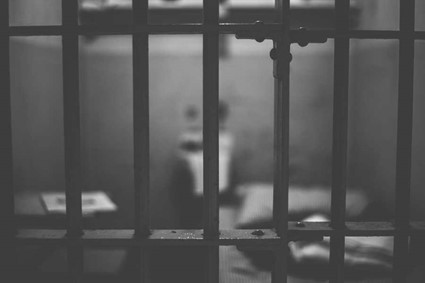
Corruption is a topic that always attracts the attention of the media and society. In some ways, it resembles a kind of metastatic societal cancer, in which a cell released into the bloodstream may burst like a new tumor, anytime, anywhere.
Brazil fights corruption in two entirely different ways, depending on whether the offender is an individual or a company. According to Art. 333 or 337-B, of the Criminal Code, if an individual perpetrates an act of corruption, they will be penalized, depending on whether the act occurred locally or in an international transaction, and the sentence may reach 12 or 8 years, respectively.
However, suppose a company is involved in the act of corruption. In that case, whether perpetrated by one of its employees or third parties acting on its behalf, the applicable law is Act 12.846, August 1, 2013, that is, the Anti-Corruption Act. The difference is that the Anti-Corruption Act only holds the company accountable from an administrative and civil standpoint. There is no doubt that Brazil is missing a significant opportunity to hold companies criminally responsible in such cases.
In several countries around the world, such as the United States, Canada, Chile, Japan, England, France, etc., already hold companies criminally responsible for acts of corruption, dramatically increasing the value of penalties and accumulating these with the consequences of civil accountability. Naturally, companies are not placed in handcuffs, but such punishments affect their most sensitive area: their bank balance.
When discussing the criminal liability of a company in Brazil, we must refer to Art. 225, § 3 of the Federal Constitution of 1988, which states the following:
§ 3 Conducts and activities considered harmful to the environment will subject offenders, individuals, or legal entities, to criminal and administrative sanctions, regardless of the obligation to repair the damage caused.
It remains clear, then, that the criminal liability of the company, as a kind of legal person, will reside in conducts and activities that are harmful to the environment. In practice, criminal liability hardly applies to companies, considering the wide range of environmental offenses not punished under civil liability; and considered much more severe under criminal liability.
According to Art. 173, § 5 of the Federal Constitution of 1988, the same occurs in the second hypothesis of criminal liability of the company in Brazil, that is, in the sphere of economic crimes:
Paragraph 5. The law, without prejudice to the individual liability of the directors of the legal entity, shall establish the legal entity’s liability, subjecting it to punishments compatible with its nature in acts performed against the economic and financial order and against the popular economy.
In this last provision, the interpretation of the applicability of criminal liability on companies is only implicit, which is different from Art. 225, § 3 above, which clarifies the possibility of criminal liability for companies that participate in crimes of an environmental nature. Therefore, there is controversy in the doctrine concerning whether criminal liability in economic crimes applies to companies.
Nevertheless, the ability to hold the company criminally responsible in Brazil for participating in acts of corruption committed by employees or third parties acting on its behalf is long overdue. Ultimately, it will result in considerable gains for them.
As long as corruption seems worthwhile – that is, the penalty added to the confiscation of assets does not exceed the dishonest gains – the agents of corruption (whether company, individual, or government official) will continue under the false perception that this is business as usual and the way the system works.
